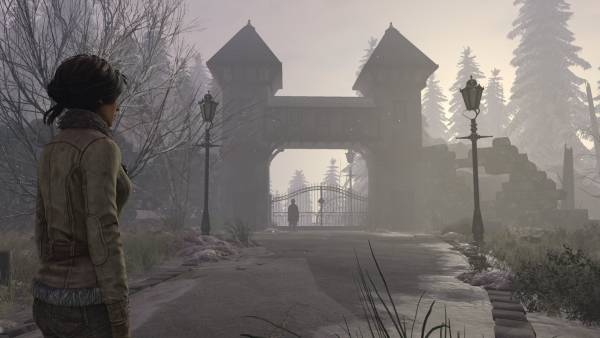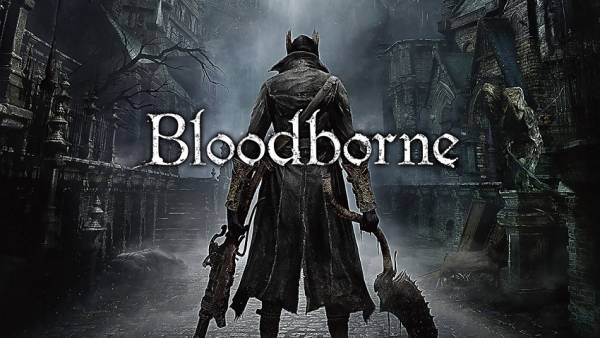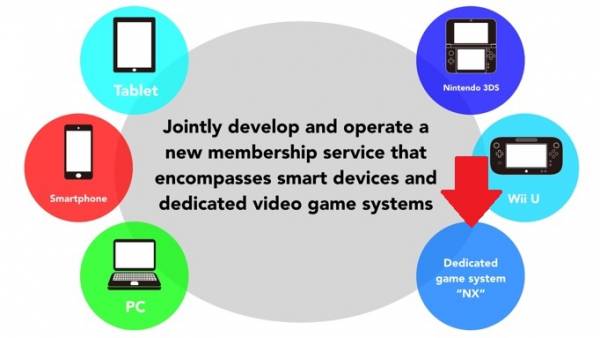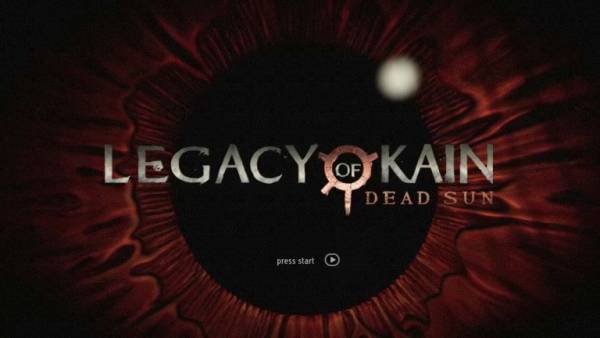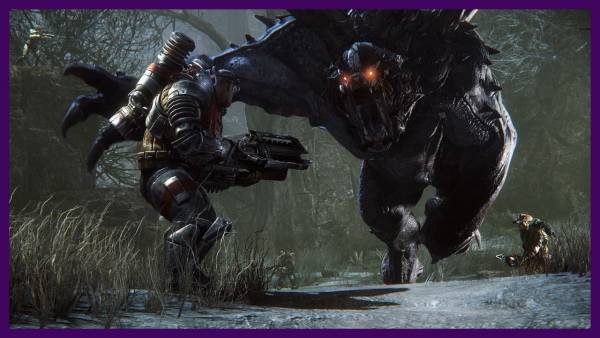Following the massive success of The Walking Dead, episodic games have suddenly been catapulted into the lime light. The design may be far from new, but it is only through Telltale’s recent achievements that they have really begun to captivate us. Some bigger developers such as Irrational Games have even started to enter this largely uncharted territory, but despite this, episodic titles are still looking thin on the ground. While they are relatively limited in scope at the moment, could episodic games be ready to make the leap from low-key to mainstream in the industry?
As both the Indie and digital distribution markets continue to flourish, I believe episodic games do have real potential to take over the business. For smaller studios in particular, staggering games into individual parts has the huge advantage of easing the pressure on developers. It allows them to tackle big projects in a more manageable way, with the added bonus of more breathing time to assess how the game is progressing, how the market is responding, and how they, in turn, should react. Through this more intuitive design process there is less room for developers to make wrong turns, and also enough opportunity to redeem themselves should they slip up. This could make them a more popular design choice amongst studios who are concerned about the risks that come with producing a full-length title, and want to test the waters as they go.
Digital distribution also plays a large part in the success of episodic games. I think you’d be hard pressed to find someone who would buy a hard-copy of a game if they were only receiving a quarter of the title, but this isn’t an issue with the accessibility of the internet. With most games now available online for often cheaper prices, and with digital distribution pushing to become more mainstream, the small and manageable downloads of episodic games fit right in with this digital future.
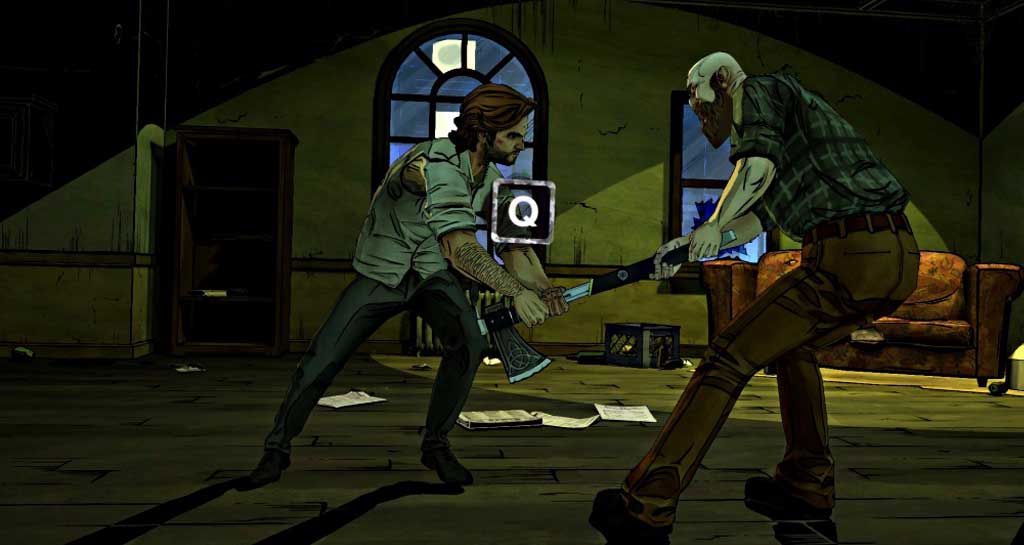
The games also do well to sit on the fence between casual and hardcore titles, so they can appeal to a wide audience. With relatively short chapters, players don’t have to invest too much time into the game to get the full experience. As is the case with Telltale’s recent titles, they can also be quite simple in terms of gameplay, with point and click controls and not too much brain power needed. When well-made, episodic titles will be able to attract just about any type of gamer, whether they’re looking for a light, time filler or a more involved experience.
From the perspective of narrative, episodic games can offer a much more intense experience than games in a series, as they can implement more dramatic styles of storytelling. Because episodes lead on from one another in fairly short succession, there can be a higher build-up of tension and suspense for the chapters yet to come, similar to what you get with weekly TV dramas. While this sense of anticipation is somewhat evident in titles that have multiple games in a series, the effect is far more diluted as players wait a year or more for their next journey out into the virtual world. Episodic games keep you in the loop over just a couple of weeks or months, so you are consistently anticipating the next chapter while having the previous experience fresh in your memory.
The games don’t come without their fair share of potential problems, though. As episodes are developed on the fly, there will inevitably be delays in scheduled release dates from time to time. This has been an issue recently with the release of The Wolf Among Us, which was delayed by two months for various undisclosed problems. While this isn’t the end of the world, it could lead to impatient and unreceptive fans when the episode does eventually come around, and slightly lessens the impact of the episode in relation to the one before it.
Most episodic titles are also sold in the form of a digital bundle or season pass, so for one flat fee you are promised the entire series of episodes rather than picking them up one by one. While this is great in terms of cost effectiveness and ease of access, it can be a double-edged sword if it turns out that you don’t actually enjoy the game. If this happens, players will have wasted a large chunk of money on a few mere hours of disappointment. While this is a risk that everyone takes when picking up a game, it would be particularly bad for the digitally distributed episodic titles, as they won’t only disappoint but also cannot be traded in or sold on.
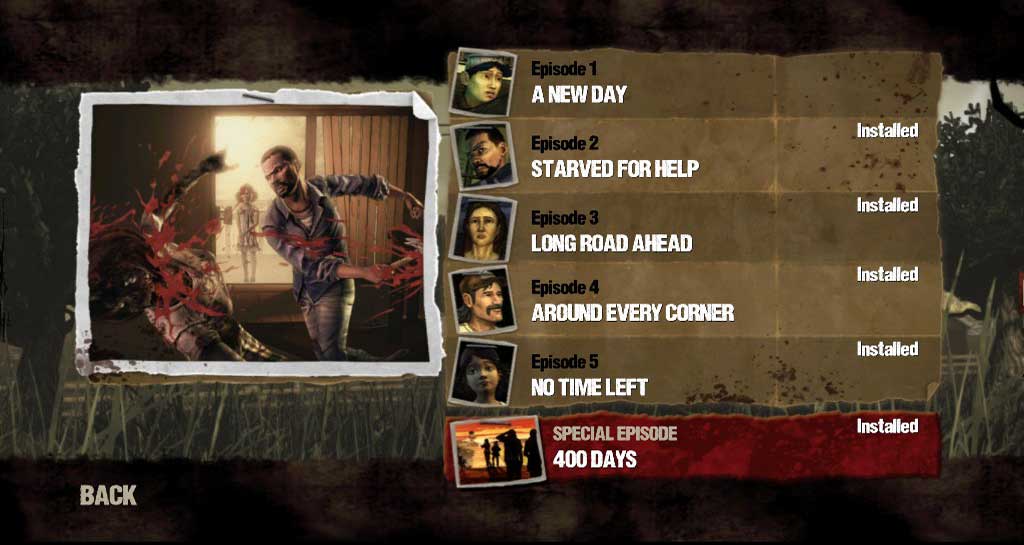
If smaller developers do decide to give episodic games a chance, they could hit some road blocks which lead to them dropping the game altogether. While the nature of episodic games mean they can be adjusted if the market isn’t entirely thrilled with the direction, some titles may simply flop completely or run out of funding. In these cases, it may be more effective for developers to cut their losses and move on. This would leave those who did enjoy the game to feel let down, as they will have only had a snapshot into a story that will never have an ending. It’s not a great impression to leave on your future fan base.
That’s not to say that only smaller developers could have these problems; Valve, for instance, are one of the biggest companies to give episodic gaming a shot and for it to fail miserably. In their episodic Half-Life 2 series, the second episode took almost a year longer to emerge than was scheduled, while the third instalment simply vanished. This sparked the now infamous Half Life 3 internet sensation, which is almost impossible to avoid. Fans cling to every scrap of evidence they can that Half-Life 2: Episode 3, or even a full-length Half-Life 3, does, in fact, exist. Whether Valve will ever complete their now eight-year-old episodic series is still not confirmed, but it seems for now the title will never reach its conclusion.
So could episodic games be the future of gaming? Well, they just might be. As Indie developers continue to take the digital world by storm, I think this design method will no doubt become more common place and successful with continued practice. Episodic titles have some unique advantages you simply can’t imitate in stand-alone or serial releases, and are well suited to the digital gaming market. They may come with some risks, the biggest being uncompleted games, but most of the dangers are applicable throughout the industry so they’re nothing to be specifically concerned about. Telltale may have been the ones to bring episodic gaming to the masses, but I’m sure they won’t be leading the market alone for much longer.
